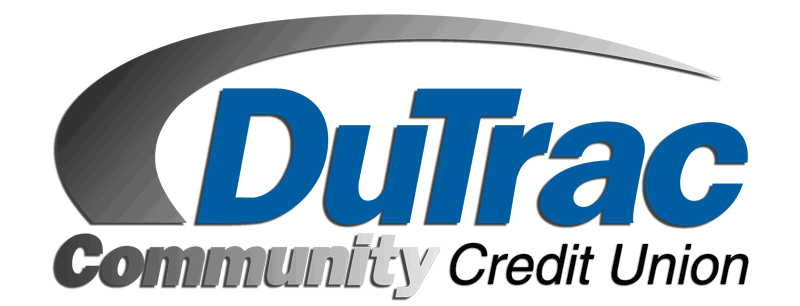(Tuesday, October 23, 2018)
Fair Isaac Corp. , creator of the widely used FICO credit score, plans to roll out a new scoring system in early 2019 that factors in how consumers manage the cash in their checking, savings and money-market accounts. It is among the biggest shifts for credit reporting and the FICO scoring system, the bedrock of most consumer-lending decisions in the U.S. since the 1990s.
The UltraFICO Score, as it is called, isn’t meant to weed out applicants. Rather, it is designed to boost the number of approvals for credit cards, personal loans and other debt by taking into account a borrower’s history of cash transactions, which could indicate how likely they are to repay.
The new score, in the works for years, is FICO’s latest answer to lenders who after years of mostly cautious lending are seeking ways to boost loan approvals.
This is occurring at the same time the consumer-credit market appears relatively healthy. Unemployment is low and consumer loan balances—including for credit cards, auto loans and personal loans—are at record highs, and lenders are looking for ways to keep expanding loan volume.
Borrowers currently have little control over what is in their credit reports, save for the ability to contest information they believe is inaccurate. Lenders, collections firms and other parties feed payment-history data to the major credit-reporting firms, Experian PLC, Equifax Inc. and TransUnion, and that information determines consumers’ FICO scores.
Lenders, in turn, use FICO scores to help make most of their lending decisions.
The UltraFICO score will function as an appeal of sorts, likely boosting many applicants with less-than-ideal records. If an applicant’s traditional FICO score falls short, a lender can offer to have the score recalculated to reflect banking activity. Would-be borrowers with at least several hundred dollars in their accounts, who have had the accounts for a while and who transact frequently and don’t overdraw are likely to see their scores rise, FICO said.
Applicants will be able to choose which accounts they want considered when the score is recalculated.
FICO said it is in discussions with a handful of lenders, including banks and financial-technology firms, that have expressed interest in using the new score in a pilot. One of those is Pentagon Federal Credit Union, the third-largest U.S. credit union by assets.
A decade after the subprime-mortgage binge nearly brought down the U.S. financial system, consumer lenders remain wary of borrowers with low credit scores.
Banks have spent much of the past 10 years chasing ultra-creditworthy borrowers. Yet that slice of the market, which has grown as the economy has improved, is largely tapped out.
As a result, lenders have been asking credit-reporting firms and FICO to figure out a way to help them boost lending without taking on significantly more risk. And regulators have expressed interest in exploring ways to increase access to affordable lending for consumers who have no or low credit scores.
Of U.S. consumers with FICO credit scores, a record 58.2% have a score of 700 or higher on a scale that tops out at 850. The average FICO score is at a record 704. Lenders may have different cutoffs, but Experian considers scores under 670 subprime.
FICO said about seven million applicants who have low credit scores as a result of thin borrowing histories would likely see their scores improve under the new system. Separately, some 26 million subprime borrowers will end up with higher credit scores, FICO said, with nearly four million seeing an increase of at least 20 points.
Consumers with an average balance of at least $400 who haven’t overdrawn in the prior three months would likely get a boost, FICO said.
David Shellenberger, FICO’s senior director of scoring and predictive analytics, said the new score is designed to prevent risky borrowers from appearing more creditworthy than they are, by reflecting positive financial behavior that was previously invisible.
FICO is “very focused” on its “ability to separate future good borrowers from bad borrowers,” Mr. Shellenberger said.
Some scores could decrease when the new information is taken into account, he said.
Experian will compile consumers’ banking information with help from financial-technology firm Finicity and will distribute the new score to lenders. The credit-reporting firm also will send lenders a report that includes a summary of the consumer’s bank accounts.
Experian will keep the potentially valuable cache of sought-after account information. The company said it would use the data to address consumer disputes about accuracy. FICO won’t have access to personalized account information.
UltraFICO is the latest in a recent series of changes by credit-reporting and -scoring firms that are helping boost consumers’ credit scores.
Equifax, Experian and TransUnion last year began deleting most tax-lien and civil-judgment information from credit reports. They also have been removing certain accounts in collections, following settlements with state attorneys general dating back to 2015 over how they manage errors and certain negative information on credit reports.
Eight million consumers who had collections accounts completely removed from their credit reports in the 12 months ended in June experienced a credit-score increase of 14 points on average, according to a recent Federal Reserve Bank of New York report.
FICO updated its scores in 2014 to put less weight on medical bills that are in collections and to exclude accounts that consumers paid or settled with a collection agency.
Source: Wall Street Journal – Appeared in the October 22, 2018, print edition as ‘New Credit-Scoring System Aims to Ease Loan Approvals.
